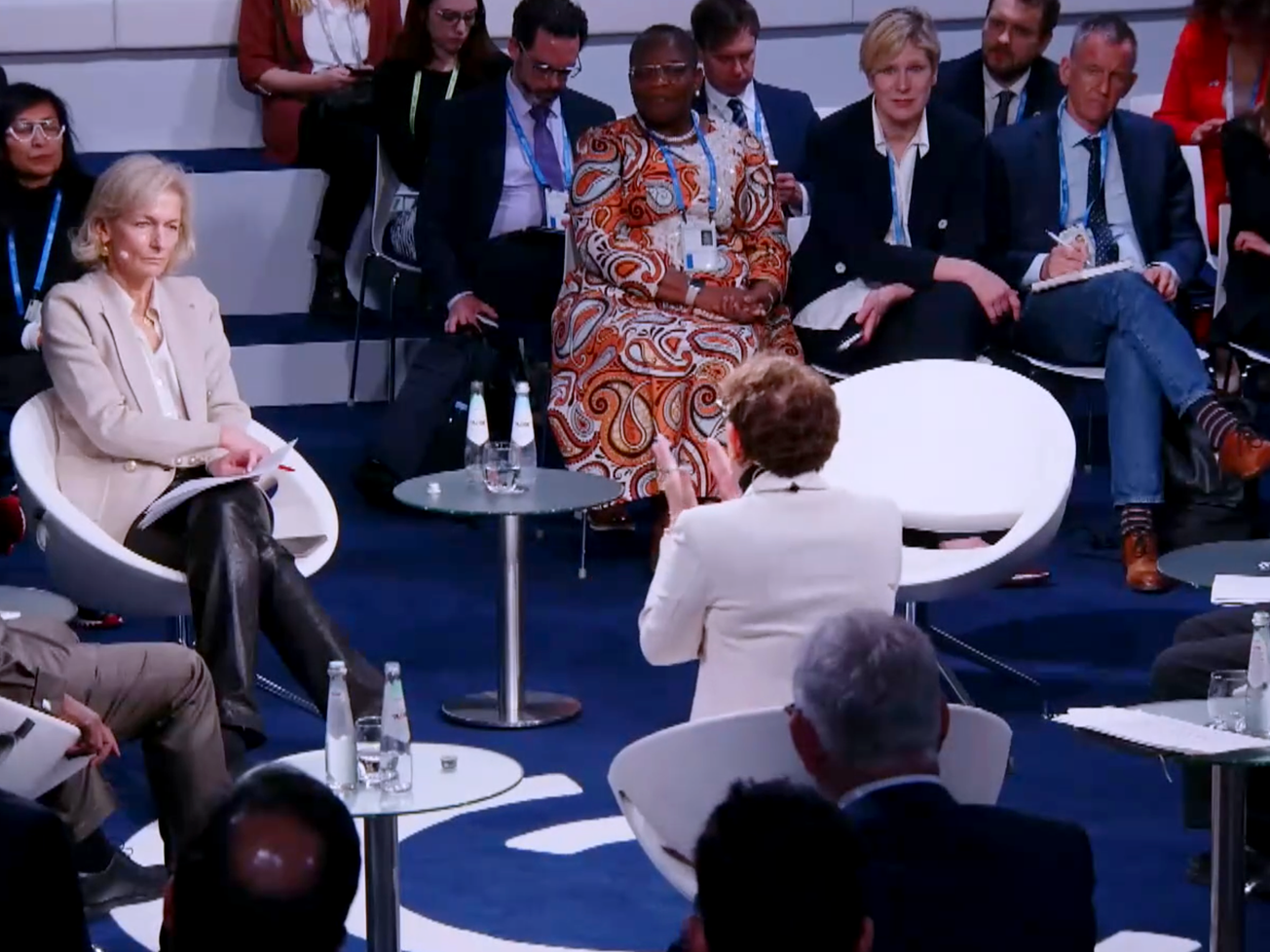BRUSSELS (AN) – Europe is coming face-to-face with the painful reality of the Trump administration's sharp retreat from the traditional role that the United States has played as Europe's security guarantor since World War II.
European Commission President Ursula von der Leyen announced on Friday the European Union would waive deficit spending limits on defense procurements in a bid to blitz defense spending across the 27-nation bloc.









